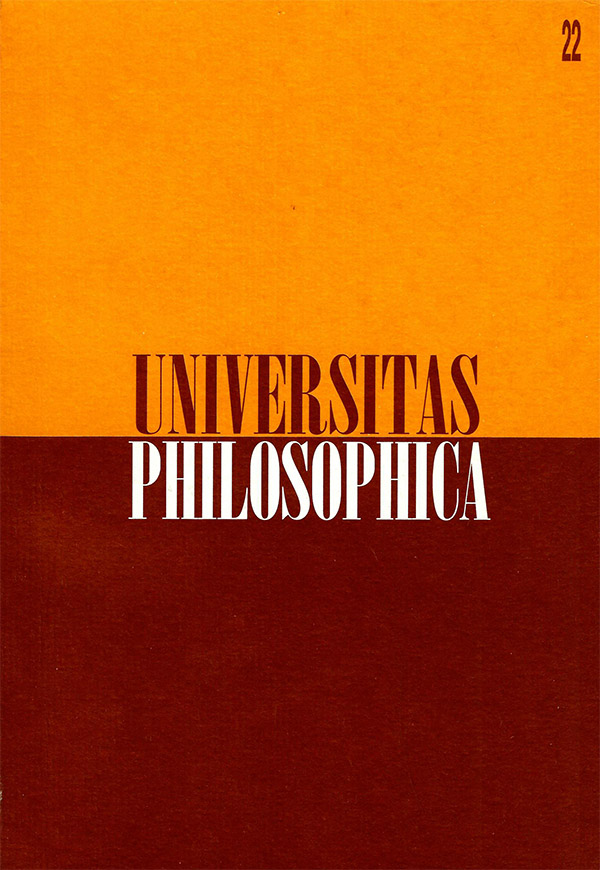Abstract
En el presente artículo deseamos hacer una presentación del pensamiento, concepción y punto de vista del famoso filósofo y lógico polaco Jan Lukasiewicz respecto de la ciencia. El pensamiento de este filósofo hace énfasis en los elementos creativos que son propios del razonamiento científico, tal como ocurre, por ejemplo, en la deducción. Según Lukasiewicz, las ciencias consideradas formales, como la lógica y las matemáticas, son una muestra de la pura creatividad de la mente humana. Asi mismo, este filósofo considera que el objetivo de la ciencia no es la búsqueda de la verdad sino construir síntesis que satisfagan las necesidades intelectuales comunes a todos los seres humanos.This journal is registered under a Creative Commons Attribution 4.0 International Public License. Thus, this work may be reproduced, distributed, and publicly shared in digital format, as long as the names of the authors and Pontificia Universidad Javeriana are acknowledged. Others are allowed to quote, adapt, transform, auto-archive, republish, and create based on this material, for any purpose (even commercial ones), provided the authorship is duly acknowledged, a link to the original work is provided, and it is specified if changes have been made. Pontificia Universidad Javeriana does not hold the rights of published works and the authors are solely responsible for the contents of their works; they keep the moral, intellectual, privacy, and publicity rights.
Approving the intervention of the work (review, copy-editing, translation, layout) and the following outreach, are granted through an use license and not through an assignment of rights. This means the journal and Pontificia Universidad Javeriana cannot be held responsible for any ethical malpractice by the authors. As a consequence of the protection granted by the use license, the journal is not required to publish recantations or modify information already published, unless the errata stems from the editorial management process. Publishing contents in this journal does not generate royalties for contributors.


